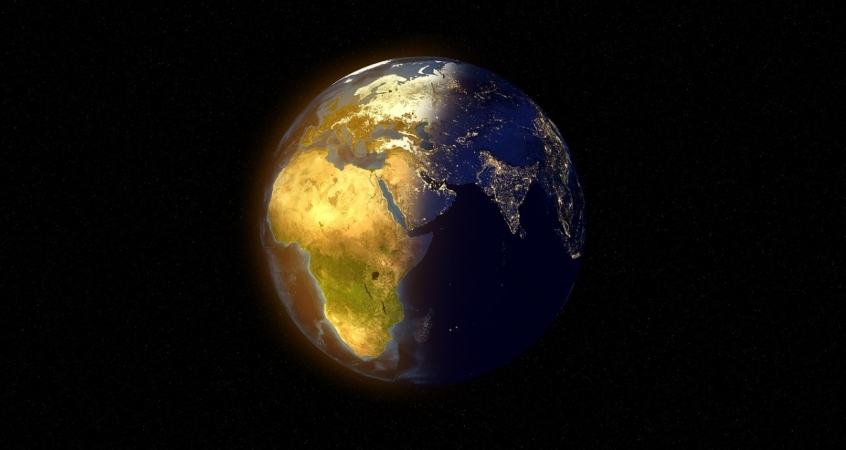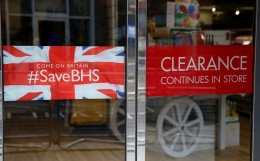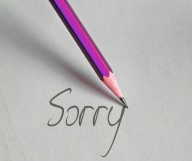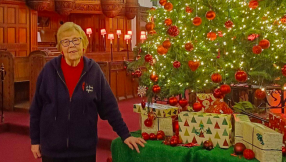
One of the most significant and talked about books of the last decade in the evangelical Christian world is James Davison Hunter's To Change The World. In it, Hunter, an eminent sociologist, analyses the strategies used by various Christian groups in their attempts to 'change the world'.
His critique of the models employed by different groups and individuals is well worth reading. He undercuts the whole idea of trying to change the world, calling instead for "faithful presence". He describes this as our calling: "it is not rooted in a desire to change the world for the better but rather... it is an expression of a desire to honor the creator of all goodness, beauty, and truth, a manifestation of our loving obedience to God, and a fulfillment of God's command to love our neighbor." In other words, Christians shouldn't be obsessed with changing the world as their main aim, they should aim to be a faithful presence in every area of society, which will then have the effect of producing what Hunter calls "benevolent consequences of our engagement".
It's not uncontroversial, of course. How could it be, when Hunter takes aim at many of the 'big names' of American evangelicalism? But it raises an important question: is it our job to change the world?
There isn't space here to retrace 2,000 years of Christian theology and practice, but it's important to note that Christians have thought in diametrically opposed ways about these issues. The Popes whose declarations led to the Crusades and the Anabaptist pacifists of the modern day all claim their inspiration from their shared faith, after all. Many of the great reformers who abolished slavery were deeply inspired by their scriptures, yet so were some of the passionate opponents of abolition. The abolitionists were clearly on the right side of history and their dedication and faithfulness to their cause remains an inspiration to civil rights activists around the world today.
Hunter's critique is mainly aimed at large-scale 'culture wars' type engagement in American politics. Changing the world is clearly God's work. The question is the extent to which we're called to join in. The answer has to be... somewhat. As Hunter's own book proclaims: "The call to make the world a better place is inherent in Christian belief and practice."
In a country riven by political strife (the US and UK both fit this description, of course) we must consider whether Christians should simply jump into the trenches and start firing. The evidence of the last couple of generations seems to be that not only will that achieve very little, it will also end up putting people off the Church. Instead of simply joining in the culture wars, there is a better way – a way of modeling faithful presence.
One example came vividly to mind this week, as we mourned the early death of an extraordinary woman. Jill Saward, who died of a stroke aged 51, was a tireless campaigner for the rights of women who have been raped and sexually assaulted. She had been raped herself, aged 21, in her father's vicarage.
By waiving her right to anonymity (the first victim to do so in English law), Saward turned the horror of her attack into a powerful force for good. Theologian Elaine Storkey, speaking of Saward to the BBC, said she was "deeply rooted in the strength of a God who loves you and a Christ who died for you". She went on to argue that Saward's huge influence on improving the law and the way rape victims are treated was based in her Christian conviction. Storkey said: "She could step out in a new way and actually help other people and she has been such a Godsend to other people across the country and around the world... She was a beacon of hope for millions of women across the world and began to change the way that we saw rape." This is the kind of faithful presence that really can change many, many lives.
We should be using every opportunity we get to speak about, act and campaign for justice and the values of the Kingdom. This will look different for each of us. Just because you aren't 'in politics' doesn't mean you can't make a difference. There are many other spheres of influence such as media, education and the arts.
We can use the gifts that God has given us in a number of ways. When we work out what we're good at and where we want to be, we still have the choice to work solely for ourselves, or for the common good.
Doing the latter will always be a choice open to us, even in small, seemingly insignificant ways. There are many, many opportunities to practice faithful presence on a daily basis, which mount up to a lifetime of opportunity. You don't need to try and change the world – leave that to God. The difference you can make, and that we can make together, should never be underestimated.

















